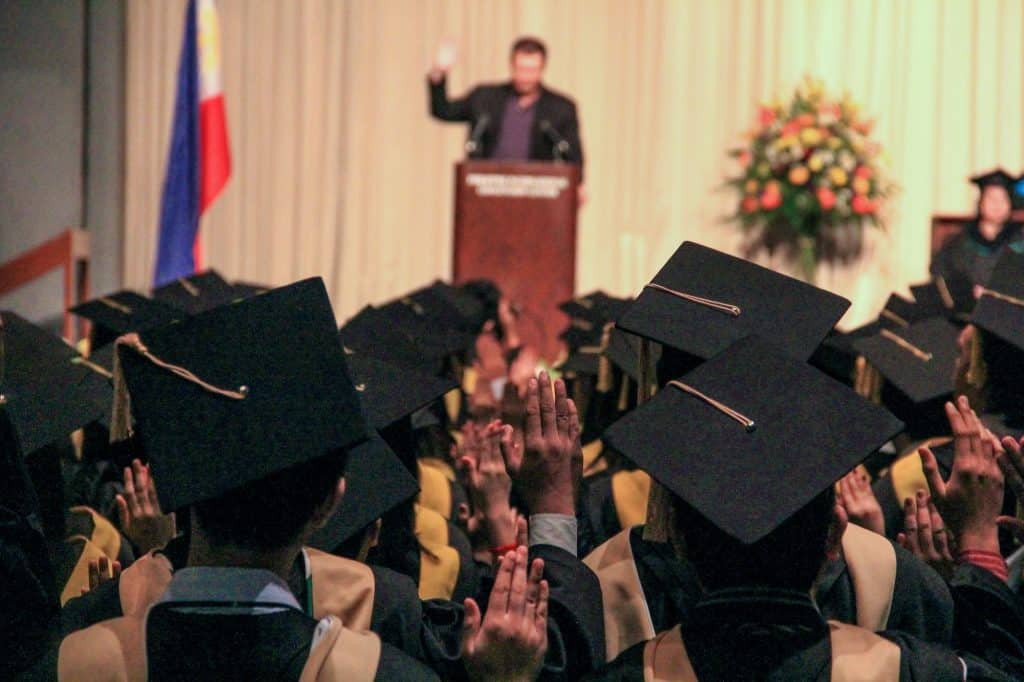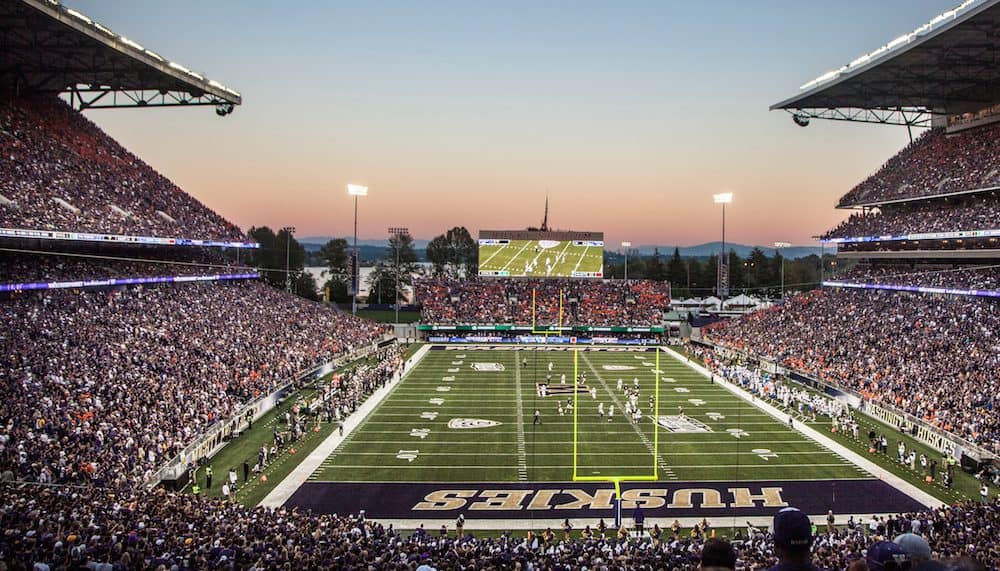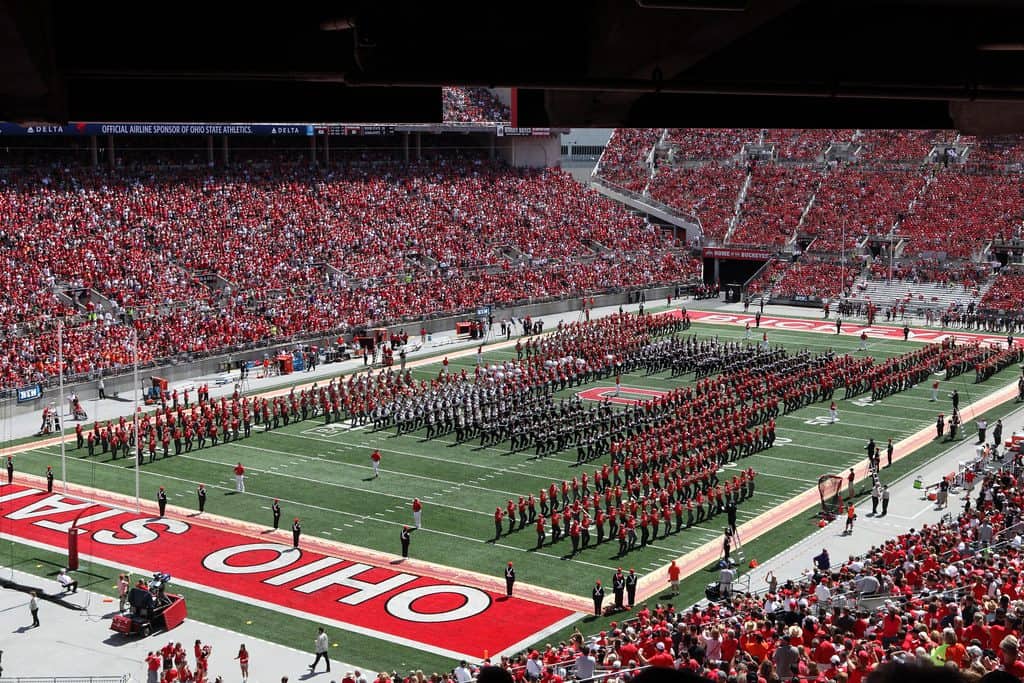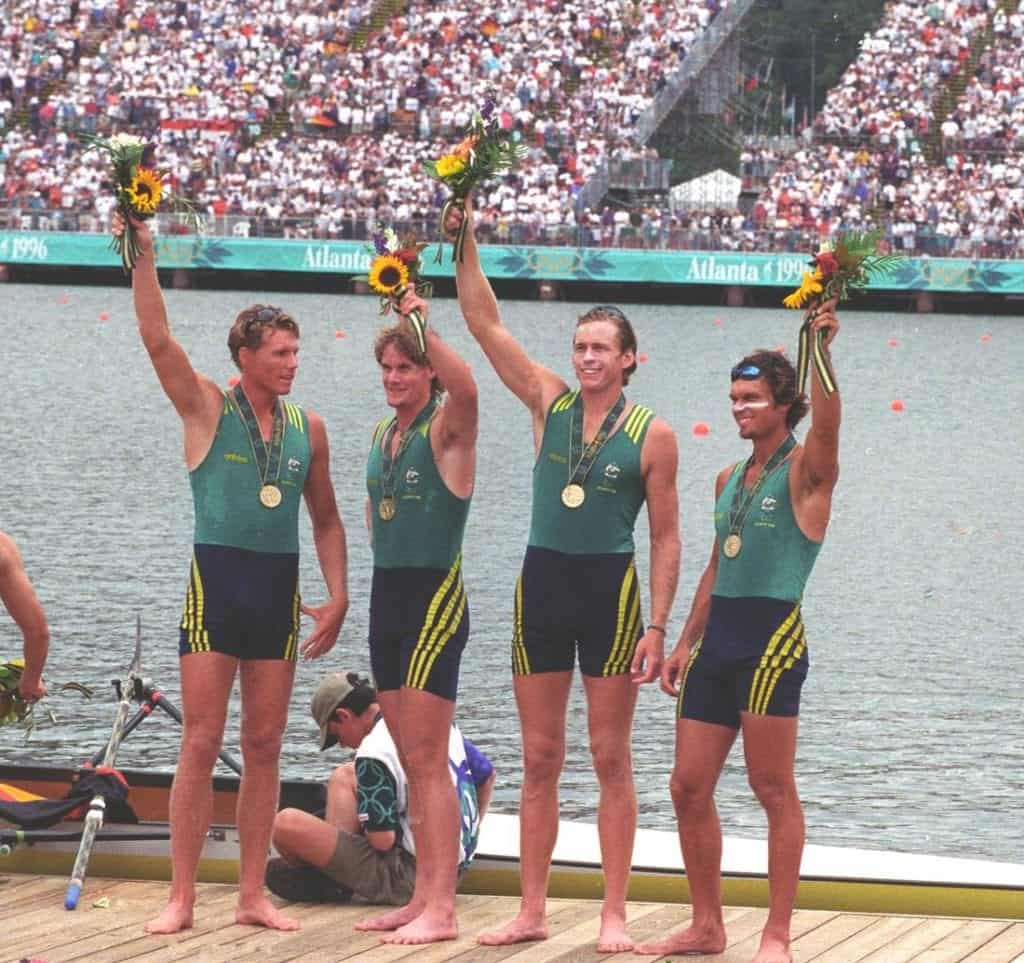Top 10 Facts & Stats
For Every College Educator
Ultimately, higher education and university study is all about preparing students for the professional and career pathway step that follows. So, it’s critical educators ensure that they are not only providing relevant and informative content, but also opportunities for students to grow and develop, while learning vital skills to take with them far beyond graduation.
At Athlete Assessments, we’re constantly looking for new research to help continue to grow and shape how we do what we do. We’re sure if you work in the academic space that you’re as much of a fan of facts and stats as we are, so we’ve compiled the most up to date and must-know information every college educator should know if they want to prepare their students for success.
In Spring of 2021, overall U.S. college enrolment experienced a
3.5% Decline
62% of employers deem having the skill to work effectively in teams to be “very important”
But only 48% of employers report that recent graduates are “very well prepared” in this skill.
(AACU Employer Report 2021)
Four College Experiences Aligned with Graduates Finding Purpose in Work
- Having an internship or job that allows students to apply classroom learning
- Having someone who encourages students to pursue their goals and dreams
- Being given realistic expectations about employment prospects upon graduation
- Participating in a class or program that helps students think about looking for meaning in work
(A study commissioned by Bates University, 2019)
Students who strongly agree that a professor cared about them as a person are 6.2x more likely to be emotionally attached to their alma mater and forge genuine student-faculty bonds creating alumni who, years later, are serving as the school's top recruiters.
Despite the power of these relationships, only 27% of college graduates strongly agree that they had a professor who cared about them as a person.
(Gallup Strada Alumni Survey, 2020)
In 2021, just 56.6% of employers are using GPA to determine an applicant’s ability to perform in a position.
(a dramatic decrease from 75% of employers in 2019).
(2021 NACE Job Outlook Survey)
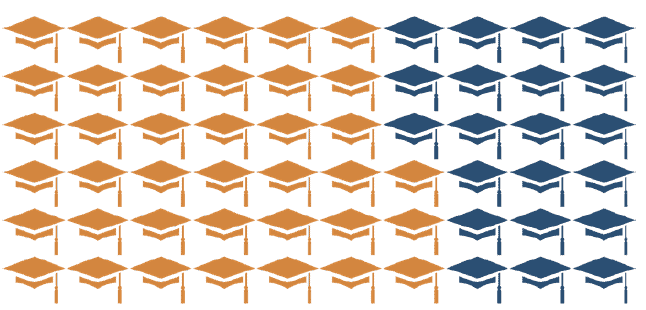
65% of students say they are unprepared for a job
and over half of recent graduates are unemployed or underemployed.
Meanwhile just 16% of the American public think that a four-year degree prepares students for a well-paying job in today's economy.
(Gallup Education, 2020)
Employers favor attributes of a college education that combine breadth and depth of learning.
89% of Employers think it is important to have an emphasis on ‘non-technical skills’
(e.g. critical thinking)
(AACU Employer Report 2021)
87% of employers believe getting a college degree or credential is worth students’ investment of time and money.
But just 62% said they believe college graduates leave with the knowledge and skills to succeed in entry-level positions.
(AACU Employer Report 2021)
Two of the top skills that employers are looking for in their new recruits are the Ability to work in a team and Communication (Written & Verbal)
(2021 NACE Job Outlook Survey results)
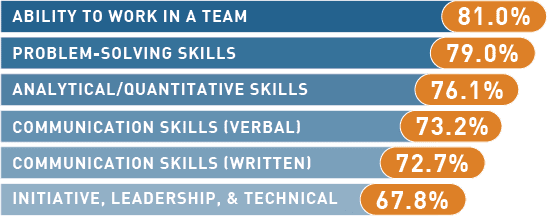
'Big Six' Collegiate Experiences
- I had at least one professor who made me excited about learning.
- My professor(s) cared about me as a person.
- I had a mentor who encouraged me to pursue my goals and dreams.
- I worked on a project that took a semester or more to complete.
- I had an internship or job that allowed me to apply what I was learning in the classroom.
- I was extremely active in extracurricular activities and organizations while I attended college.
(Gallup-Purdue Index, 2018)
Where to from here?
Athlete Assessments’ Academic Program helps you develop the vital ‘people skills’ in your students that will help them stand out in the competitive employment market post-graduation. We offer a tailored approach and provide full support throughout the duration of your class to ensure you and your students maximize the benefits of DISC Profiling and everything our Academic Program has to offer.
If you would like to find out more about how we can seamlessly integrate into your existing course program and help you prepare your students for success, just reach out and contact us.
Recommended Articles
The benefits of a strong and effective coach-athlete relationship has had the spotlight for some time now due to the intrinsic and positive links it has on performance. What’s interesting is coach-administrator relationships have come under increased scrutiny as research highlights poor athlete outcomes across the spectrum of collegiate and professional sports when these relationships breakdown. However, we’ve now seen that addressing this divide at the educational level is producing results in the real world. So, we spoke to Sara Lopez, Ph.D., Teaching Professor of the University of Washington’s unique Intercollegiate Athletic Leadership Master of Education about how.
Having the capability to lead plays a critical role in this effectiveness, so how do we actually develop leadership across diverse populations, ensuring to include those who may be reticent or hesitant to take on a leadership role? Jacqueline Mueller, a leadership expert renowned for bridging the gap between theory and practice acknowledges there’s no effective ‘cookie-cutter’ approach for teaching leadership, but simply put she says, “I try to invite participants to reflect on themselves and to find a way of leading that works for them.”
What do a six-time Olympian, former NFL player, national level gymnastics coach, and an aspiring Athletic Director have in common? If you guessed they might all be sporting A-listers, you’re very close, try just some of the Ohio State University Masters of Sport Coaching current class list.


